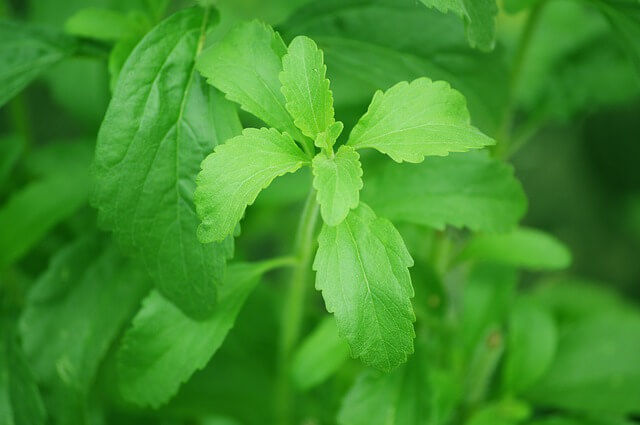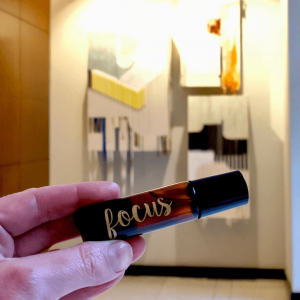Stevia is a popular sweetener that is the purified extract from the stevia plant. The extract consists primarily of steviol glycosides which the body breaks down into absorbable steviol. The body does not store steviol glycosides, so it rapidly breaks them down and eliminates them. Because it is sugar-free, it doesn’t feed Candida, doesn’t feed oral bacteria, and doesn’t contain calories.

As stevia has gained popularity recently, there have been many blogs and websites contending that this natural sweetener is dangerous for human consumption. In this article, we will review data related to stevia and infertility, blood sugar, and mutagenesis.
Infertility
Stevia has been traditionally used as a contraceptive agent in Paraguay. However, whether or not it can cause infertility is primarily driven by data from two old studies.
In 1968, researchers conducted a study on the effects of stevia on the fertility of rats. In this study a small number of rats took very high doses of stevia. Researchers concluded that the rats given stevia produced less offspring than those who were not. However, given that researchers gave few rats a very high dosage in a short period of time, the author also concluded that the resultant failure to produce offspring could have been from an overdose. Therefore, the data is likely not reflective of standard, everyday dosing. Additionally, the author concluded that evidence did not exist to show that the reaction experienced by the rats can be extrapolated to humans.
In 1988, a study on female mice drew a similar conclusion that stevia can cause infertility. Critics of the study, including the Herb Research Foundation, contend that this study lacks the credibility, detail, and analysis required to be considered strong research. The authors themselves admit additional research in subsequent years has led them to the conclusion that stevia is safe for human consumption.
Since this time, researchers published other studies to demonstrate a lack of reproductive toxicity in female rats.
While the FDA has deemed stevia generally recognized as safe, they may continue to use the studies above as a warning sign for infertility, despite the lack of evidence to drive this conclusion.
Mutagenesis
There are a few blogs that contend that stevia can cause damage to DNA and nucleic materials. A 1996 study demonstrated that stevioside did not demonstrate mutagenic potential in six different bioassays. However, the steviol metabolite did test positive in two out of six tests.
A 2008 study investigated the effects of steviol and steviol glycosides on Wistar rat tissue. This study produced data that demonstrated no evidence that the compounds interacted with DNA. The data also did not display genotoxic damage.
Hypoglycemia
Low blood sugar is of particular concern especially in patients taking anti-diabetic medications. Studies have shown that in these patients stevia lowers fasting blood sugar and postprandial blood sugar. In the same study, stevia also reduced very low density lipoprotein (the worst kind of cholesterol) and triglycerides.
In rats with diabetes induced by alloxan (a drug that causes destruction of beta cells in the pancreas, inducing diabetes), stevia decreased blood sugar. It did this without hypoglycemia, unlike the sulfonynurea medication, glibenclamide. It also opposed alloxan-induced pancreatic cell death and leads to beta cell revitalization. Similarly, in rats with streptzocyn-induced diabetes, stevia lowered fasting blood sugar and triglycerides, as well as improved liver function tests.
Allergic Reactions
Stevia is a natural product and a foreign substance in the body, so it is possible to be allergic to it. However, stevia allergies appear to be exceedingly rare. If you suspect an allergic reaction, please contact your physician or pharmacist and do not continue to take stevia.
For more natural education, as well as essential oil info, DIYs, and more,












